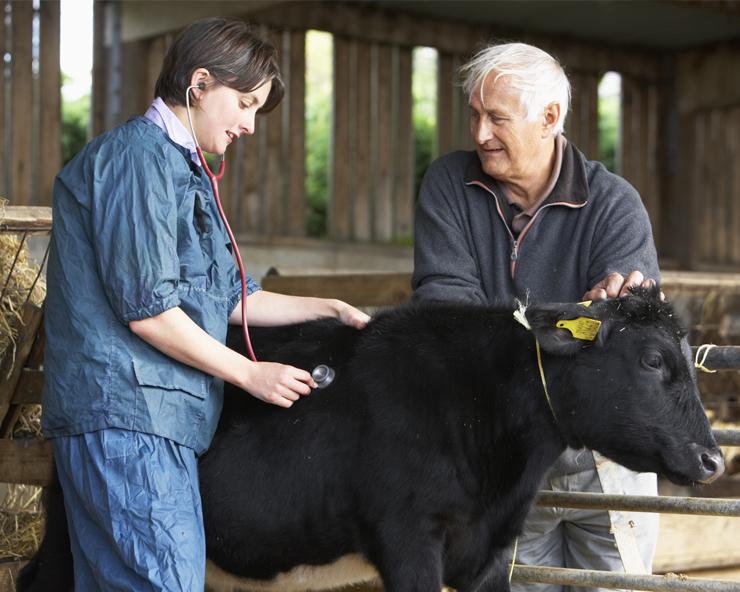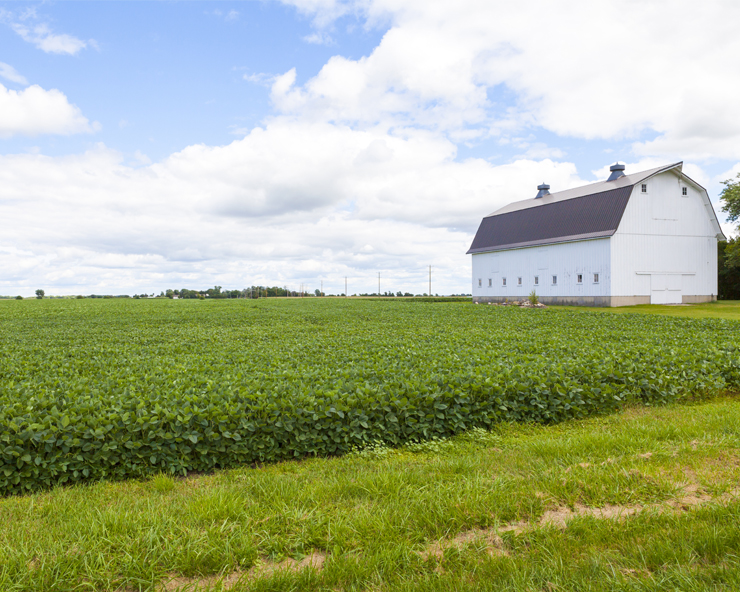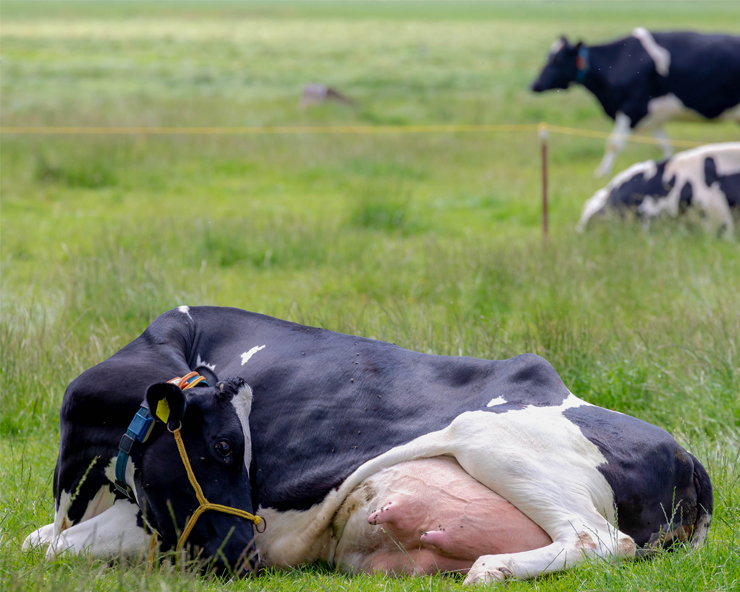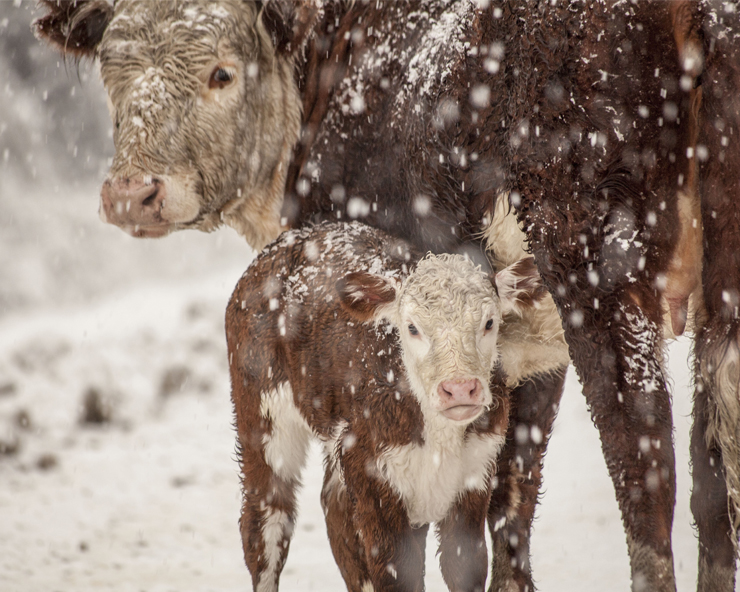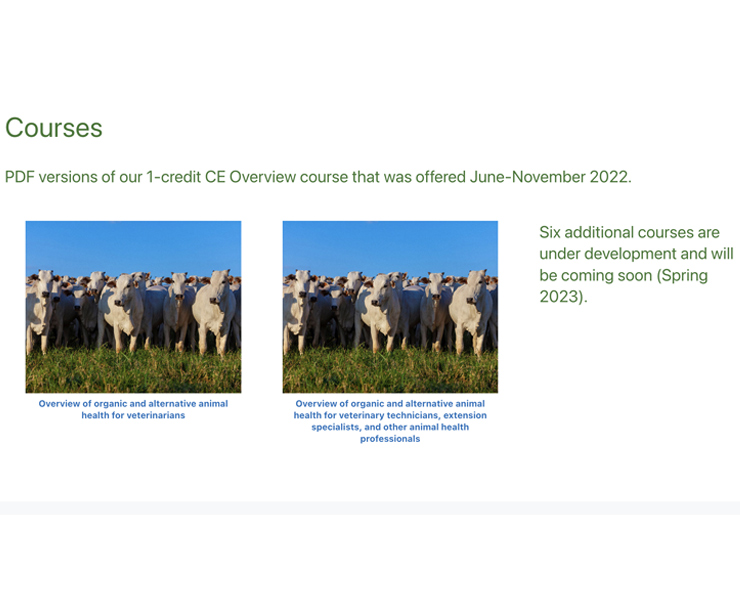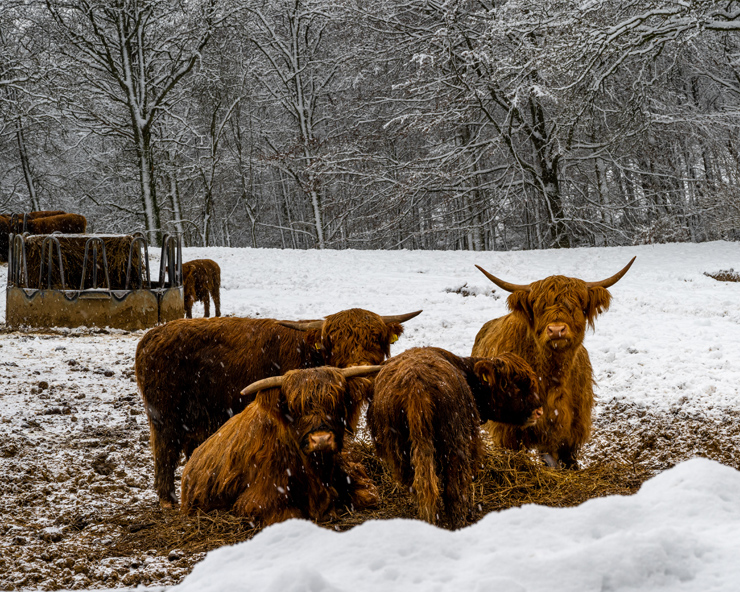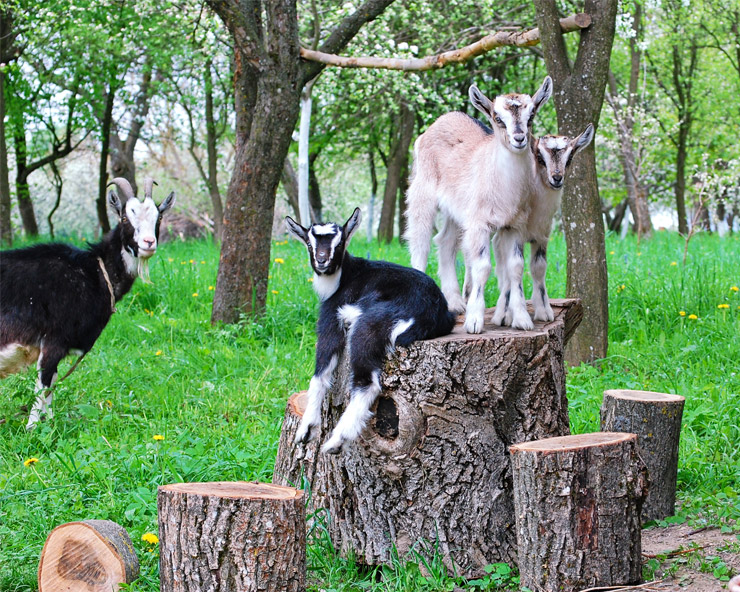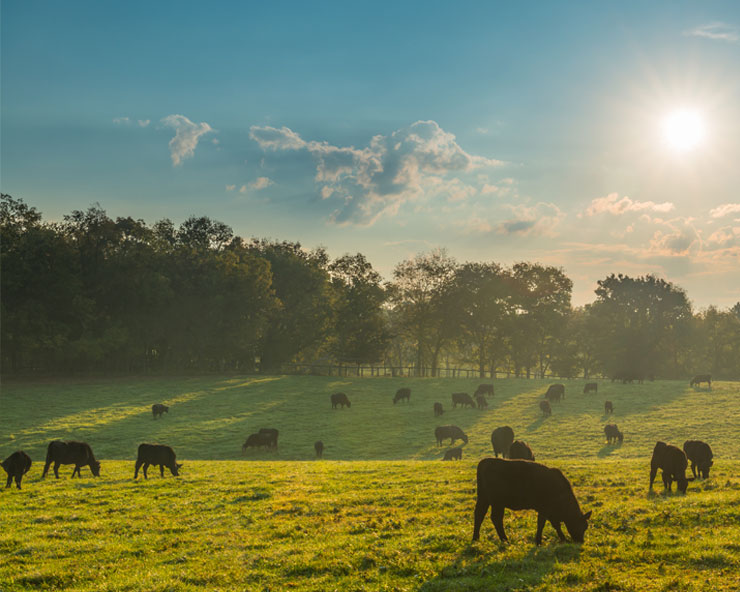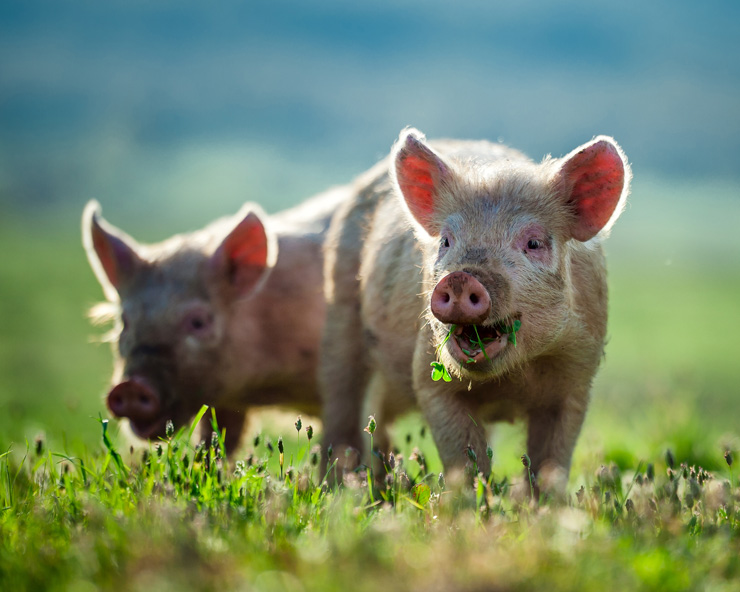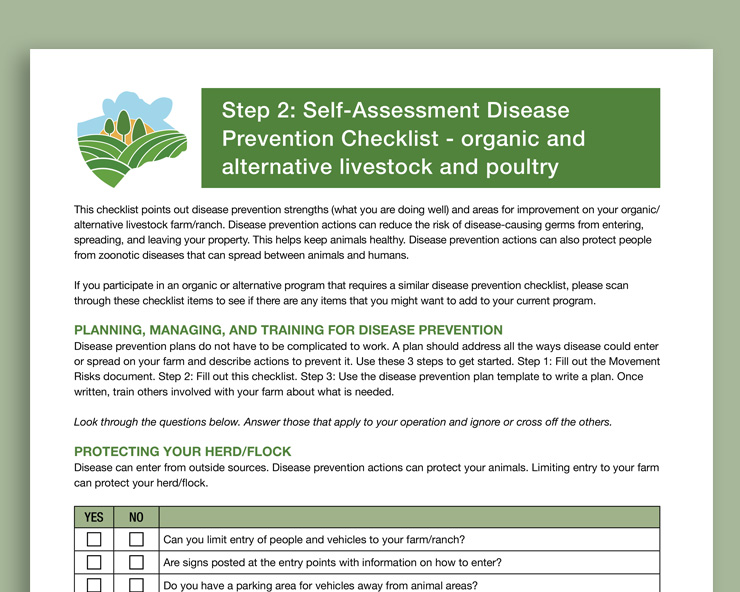Livestock and Toxins
Even without your knowledge, things that can be toxic to animals might be lying around on your farm, in barns, pastures, or even in water. Identifying and preventing possible toxins for your livestock and identifying signs of poisoning is important. Plants There could be plants growing in your pasture or in swampy areas that can … Read more

